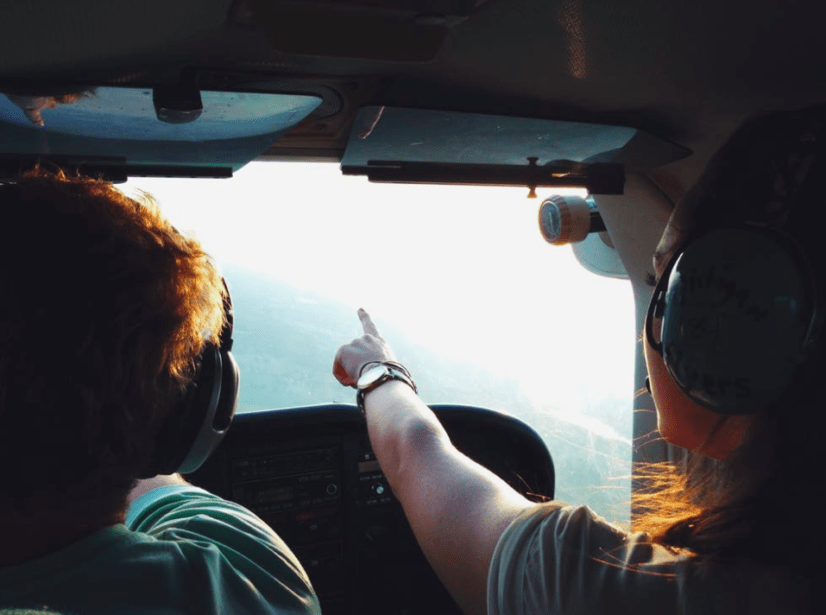Helicopter parenting. It’s a term that we’ve all heard before. But what does it really mean? Is it the micromanaging mom who plans her children’s lives to the minute-by-minute extreme? Or the overanxious dad who attempts to troubleshoot his children’s lives in such excess that they never experience any sort of failure? Or maybe it is both of those behaviors plus an array of behaviors in-between. You might be aware that you are a helicopter parent and trying to change. Or maybe you are just looking for answers as to what exactly a helicopter parent is.
In this blog, I will help you better understand this concept and why you or someone you know might be acting this way.
Who is a helicopter parent?
The term “helicopter parent” was first used in Dr. Haim Ginott’s 1969 book Parents & Teenagers. Teens used the term to describe their parents would hover over them like a helicopter. Helicopter parenting describes a style of parenting where the parent is over focused on their child. This parent typically takes too much responsibility for their child’s experiences, specifically with success and failure. It means being involved in a child’s life in a way that is in excess of responsible parenting. Although the term is often used with parents of high school or college age children, this style of parenting can apply at any age. With older children, helicopter parenting tends to show up with school, work and schedules. Think parent calling a professor over a bad test grade. With younger children, helicopter parenting tends to show up in free play, activities and projects. Think parent shadowing small child and never allowing any alone time.
Why do parents become helicopter parents?
Here are four common reasons in which helicopter parenting typically develops:
- Fear of consequences: Some parents feel as if failing to make a team or failing a test can have devastating consequences for their child. So, they attempt to prevent their children from having these consequences. However, generally, these small consequences (sadness, disappointment, ect.) are often great teaching moments for children that cannot be replicated.
- Anxiety: Worry about the world and it’s many hardships can often push parents to take more control over their child’s life in an attempt to protect them. Their hope in controlling their child’s life is to shield them from ever being hurt.
- Personal Experience: Often, parents who did not have a perfect upbringing will overcompensate with their own children. They give them excessive attention and monitoring in order to avoid the negative feelings that they associate with childhood.
- Comparison: With technology, we are constantly bombarded with other’s parenting styles. Parents often feel guilty if they see other parents with more involvement and feel pressured to do the same. This can create a cycle of more and more involvement.
If you are wondering what the consequences of helicopter parenting might be and how you might avoid these, look out for Part 2 of this blog series.
Amanda Dempsey, LAMFT
Adempsey @ growcounseling.com

